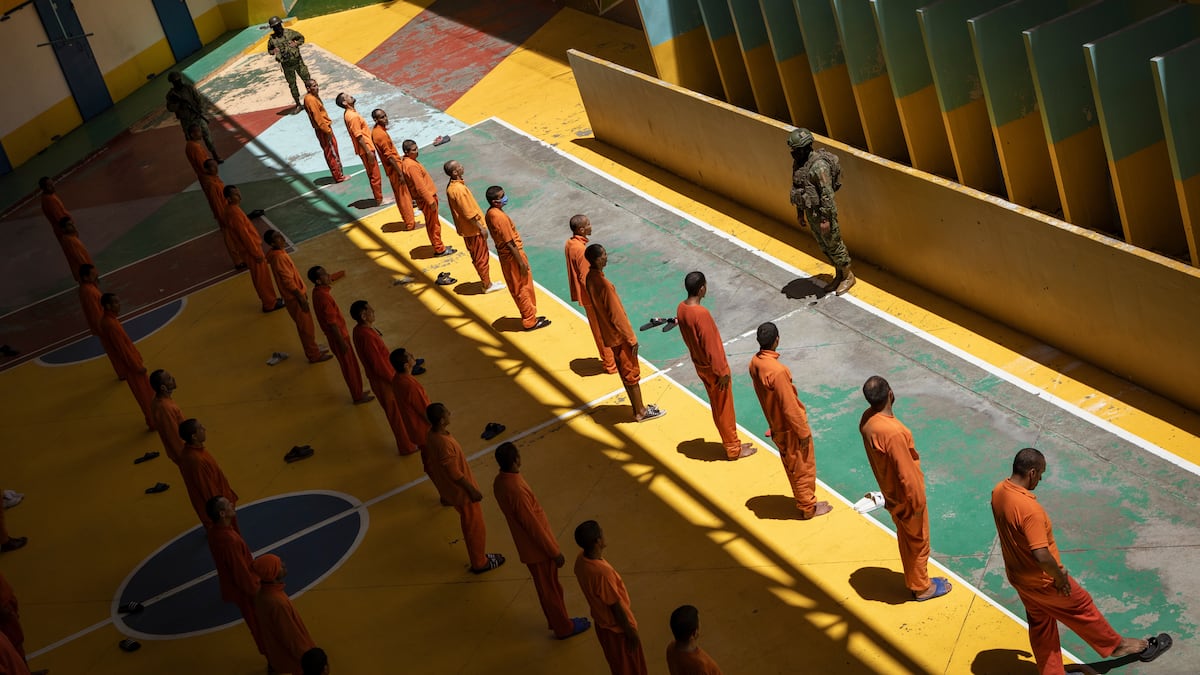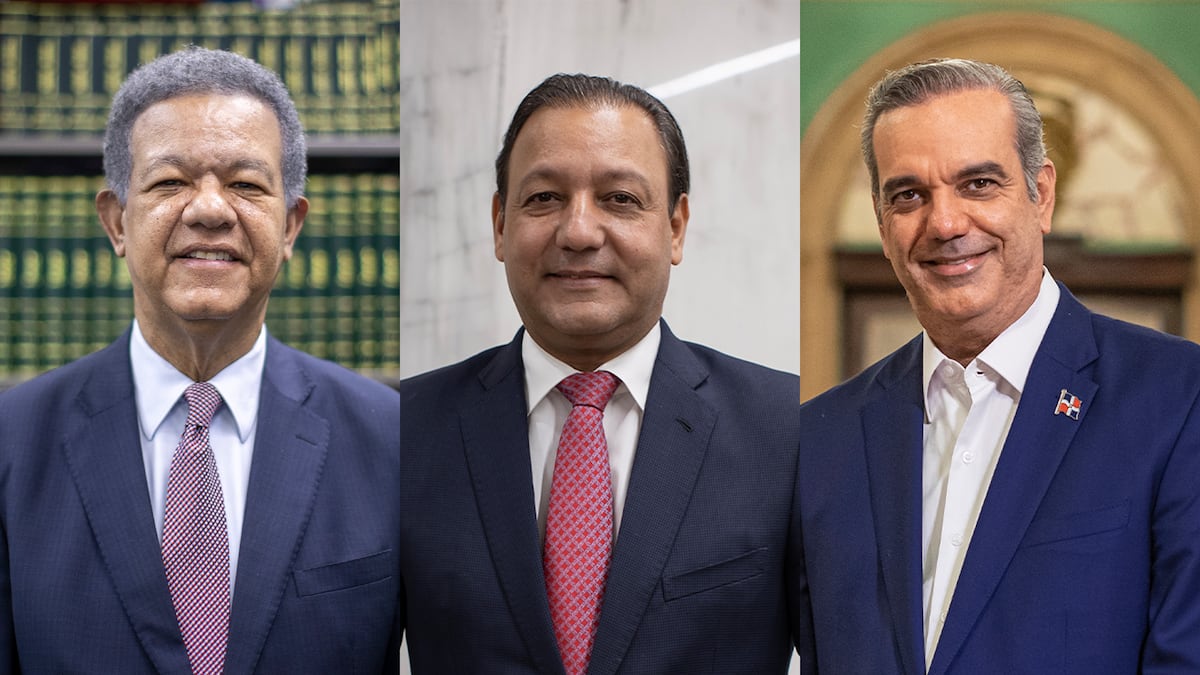In Ecuador, thousands of inmates are facing a crisis as they go hungry due to a debt owed by the government to a food supplier. The company that provided meals to 11,000 inmates in 20 prisons has stopped delivering food because of a $30 million debt owed by the government of Daniel Noboa. This debt also includes school meals for one and a half million children. The first signs of food shortages in prisons were reported on April 26, but the government denied that feeding had been suspended.
The situation has led to fears among prisoners’ relatives, who have gathered outside prisons like the Litoral Penitentiary in Guayaquil, worried that their loved ones may starve to death. The crisis is exacerbated by reports of mistreatment and abuse of inmates since the government declared a state of internal commotion and allowed the military to enter the prisons.
In response to the food shortages, some prisons have allowed family members to bring food to the inmates. However, many families are struggling to provide for their incarcerated loved ones and have turned to collecting donations from their communities. Human rights organizations have documented numerous cases of torture and mistreatment in prisons since the government implemented the state of emergency.
The government has accused Lafattoria SA, the food supplier, of engaging in illegal activities and corruption, but the company denies these allegations. Despite sending a report to the Prosecutor’s Office, the government has not resolved the issue of food shortages in prisons, leaving families of inmates to protest for action. The situation has caused immense stress and worry for families, who have little information about the well-being of their loved ones behind bars.
As tensions rise between prisoners’ families and authorities, it is important for Ecuadorian leaders to address this crisis urgently before it spirals out of control. It is not only essential for maintaining basic human rights but also for ensuring public safety within our society.
In recent years, prison populations across Latin America have been rising rapidly due to factors such as drug trafficking and organized crime. As these numbers continue to grow, governments must prioritize measures aimed at reducing recidivism rates and improving conditions within jails.
Furthermore, addressing issues like hunger strikes requires collaboration from all stakeholders involved – including law enforcement agencies


